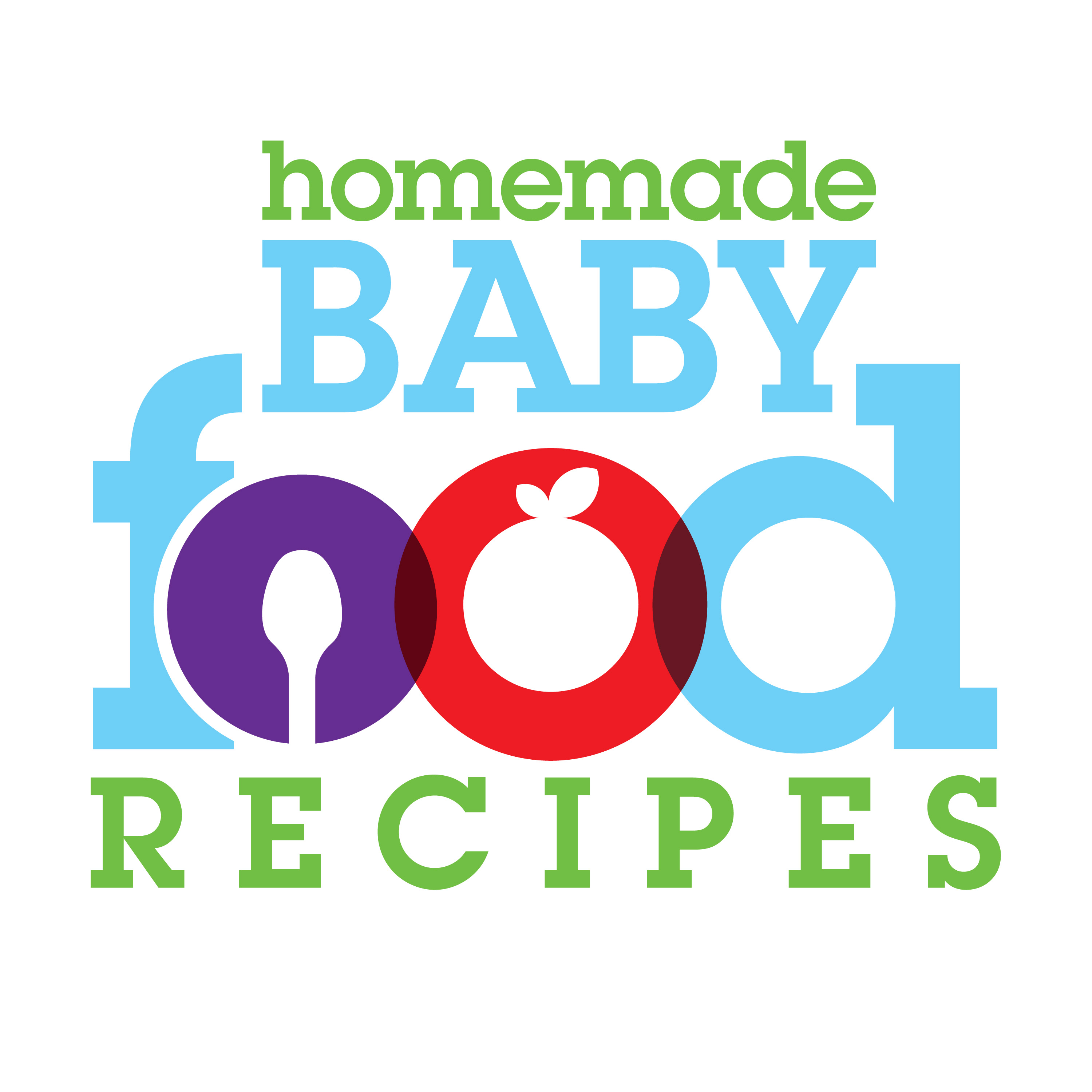Of course you wouldn’t – yet, according to a survey published by the Children’s Food Campaign in the UK – some baby foods contain just as much sugar and saturated fats as junk food like cheeseburgers and chocolate biscuits.
And, in a separate study by the consumer watchdog ‘Which?‘ in the UK, it was revealed that some breakfast cereals specifically marketed to children were more than one third pure sugar.
Yes, you read that correctly… one third!
Even some so-called ‘healthy’ cereals, like Special K (that you might offer your child in the belief that it’s better for him) are shockingly sugary, too. The Which? report described starting the day with a bowl of Special K “almost the sugar equivalent” to eating a serving of Chocolate Fudge Cake Ice Cream.
Some of the children’s cereals singled out as being particularly high in sugar were Kellogg’s Coco Pops Moons and Stars, Frosties and Ricicles – products that are popular with children around the world.
And the worst baby food offenders in the UK?
Well, Heinz Farley’s Rusks, say the Children’s Food Campaign, are 29 per cent sugar – that’s more sugar than contained by the equivalent weight of McVitie’s Chocolate Digestives!
And some Cow and Gate toddler biscuits were found to contain trans fats, which are associated with heart disease in later life and were not properly declared on the labelling.
Apparently, Cow and Gate are now discontinuing their biscuits after being ‘made aware’ of the presence of trans fats in their products. Made aware? Or perhaps concerned that PARENTS have been made aware of the problem and will no longer be buying them?
Heinz, however, are standing by their rusks! In a statement, they said that “Farley’s Rusks have been enjoyed by generations of babies, and some adults too, for 120 years. Enriched with vitamins and minerals, the unique Farley’s Rusk recipe has remained virtually unchanged.”.
They also stated that their rusks are an “ideal weaning food for babies from around four months”.
FOUR months of age? Hmm!
So what can we learn from all this?
Sadly, this is a reminder that many manufacturers of baby food products do NOT have your baby’s best interests at heart. Just because a product is marketed as being suitable for a baby or child does NOT mean it is good for him.
The person truly with your baby’s best interests at heart is YOU!
You know what’s best for your baby – and you are able to provide him with food that you know is healthy and nutritious by making it for him yourself!
We’re hoping that these new reports will encourage even more parents to investigate the concept of making their own baby food more closely.
We’re hoping, too, that the manufacturers of products designed for our children will credit us parents with a little more intelligence – because it’s clear from a statement by the UK’s Association of Cereal Food Manufacturers that they feel the Which? report has us flummoxed and unsure what to do!
They said
People should take this report with a massive pinch of salt. There is indisputable evidence of the benefits of eating breakfast but a large proportion of the British public don’t. The Food Standards Agency recommends don’t skip breakfast and to choose wholegrain cereals, yet data shows that one in six children skips breakfast every day. As highlighted in the report, there is a wide range of cereals to meet every occasion and breakfast cereal manufacturers are continually working to improve their nutritional profile…
…By choosing to report their findings in such a sensationalist way, Which? will just add to the confusion felt by many people about what foods they should or should not be eating.
Does the Which? report confuse you – or does it merely highlight the fact that, whilst breakfast is important in your child’s diet, high sugar cereals should be avoided at all costs?
No confusion there, then!
Healthy breakfast alternatives for your baby…
How to make your own rice cereal
Baby oatmeal (porridge) recipes and tips
Nutritious breakfast ideas for baby
You can read a PDF version of the Which? report – Going Against the Grain – here:
http://www.which.co.uk/static/html/pdfs/cereals_report.pdf
